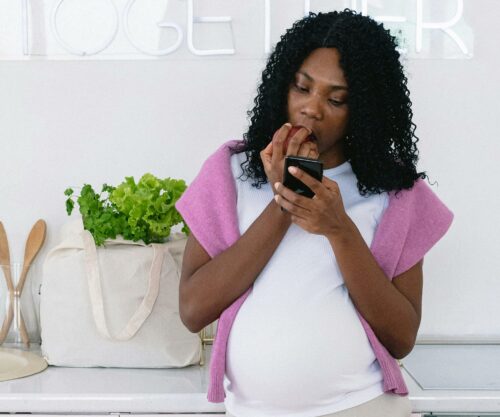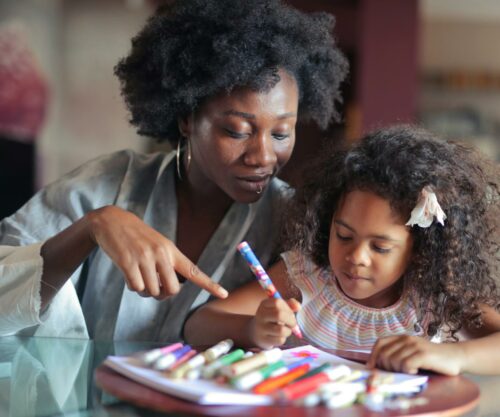
With the school holidays upon us, parents are advised to look out for behaviour that might indicate that their teenagers may be drinking alcohol.
There are many reasons why teenagers use alcohol as a coping mechanism against stress, anxiety and depression or low self-esteem. It’s essential to know the reasons to be able to spot the behavioural patterns associated with them and to avoid underage drinking.

Jason Levin, managing director of HDI Youth Marketers – which run SAB’s You Decide underage drinking schools programme – has put together a checklist of warning signs to be on the lookout for to prevent underage drinking.
Find the triggers
Find out if there is anything which might tempt your teenager to want to use alcohol. Are they trying to fit in, trying to reduce stress or feel relaxed? Make this an open discussion about the triggers they have identified or shared. Once you determine why a child is tempted to drink, you can help them fight those triggers by finding other effective ways.
Stress, anxiety and depression
Pay attention to your teenager for signs of stress, anxiety and depression. Teenagers sometimes feel overwhelmed by life and may then turn to alcohol for solace if they don’t have a healthy outlet. After initial exposure to alcohol, teenagers start to believe it can ward off their painful feelings. Furthermore, if their lives aren’t going well, they figure they have nothing to lose by using alcohol. Teens with undiagnosed and unmanaged anxiety problems are at particular risk for abusing alcohol.
Your teen regularly complains about being bored
Teenagers who can’t tolerate being alone, have trouble keeping themselves occupied, and crave excitement, are prime candidates for using alcohol.
Your teen starts exhibiting signs of rebellion and anger
Many teens choose to express their anger at their parents by doing something they have been told not to do. Alcohol is the drug of choice for angry teenagers because it frees them to behave aggressively – this can be a concrete display of defiance and rejection of their parents.
They start mimicking their friends
Listen to them and watch to see if they have fallen into the “Everyone is doing it” trap. Teenagers are astute observers and they see lots of people using alcohol. Also, movies, TV and the internet glorify the use of alcohol. Teens generally widely overstate the number of their peers who use alcohol. Some may feel “If I don’t drink I will have no one to hang out with”. Most importantly, they see some teenagers who enjoy alcohol and they ask, “How can it be wrong?” Their natural curiosity also contributes to their experimentation with alcohol.
Your teen lacks confidence
Some teenagers would do things under the influence of alcohol that they otherwise would never risk doing, for example, having to get drunk before going to a party or having to get drunk to strike up the courage to talk to someone. Alcohol can become a crutch which teenagers rely on and they don’t feel comfortable in a social setting without it.
Other warning signs
Although the following signs may indicate a problem with alcohol or other drugs, some may also point to normal adolescent behaviour. However if you notice several of these signs at the same time, if they occur suddenly, and if some of them are extreme in nature, it could be a sign of alcohol use.
- Mood swings: flare-ups of temper, irritability and defensiveness.
- School problems: poor attendance, low marks and/or recent disciplinary action.
- Switching friends, along with a reluctance to have you get to know the new friends.
- A “don’t care attitude”: sloppy appearance, a lack of involvement in former interests and general low energy.
- Finding alcohol in your child’s room or backpack or smelling alcohol on his or her breath.
- Physical or mental problems: memory lapses, poor concentration, bloodshot eyes, lack of coordination or slurred speech.
“Teenagers may often be unsupervised during the school holidays so it is important for parents and adults to monitor teenagers as best as they can over the period. It is not okay for underage youths to drink alcohol under any circumstances,” concludes Levin.




